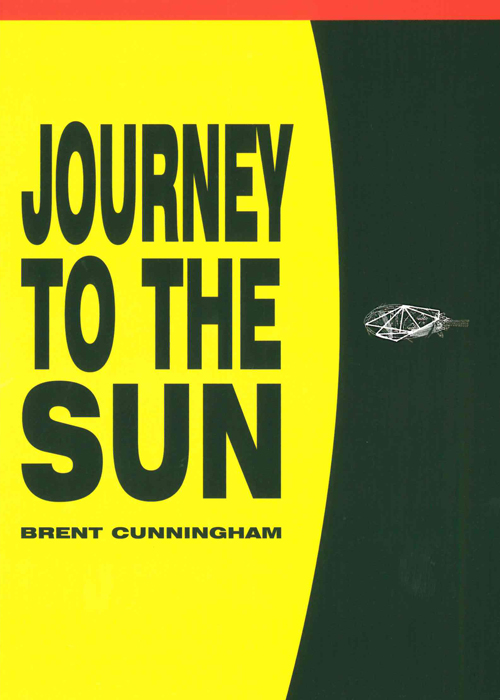Easy to like and easy to lose yourself in, Brent Cunningham’s second book turns out to be hard to get your head around. It’s a book-length poem, or a verse sequence, that ostensibly records the apocalyptic revelation of one not-especially-literate thirteen-year-old boy. As he has seen on his visionary journey, the world as we know it will end (or perhaps has already ended), and we will live in a new dispensation governed not by earthly values (family, safety, education, money) but by the previously incomprehensible sun, under whose power the boy pens imitations, or travesties, of William Blake. “You ask for prophecies— / I give you prophecies,” one section begins; “tomorrow the stars will go out / darkness will prowl the parks & museums … until the Rocks themselves / run up to us like spaniels // now what will the statues be FOR? / what will be their MODELS?”
It’s not a bad question, translated out of vision-speak: if we are supposed to model ourselves on adults, who are those adults’ models? Why have adults made such a hash of this life, indenturing us to “documents, itineraries, measurements, / schedules, timings, forms”? Such questions pervade the book, but it would be a mistake to see here a consistent or articulate critique of the bourgeois rat race: along with these heartfelt, clear protests against grown-ups’ rules come almost-unintelligible visions of “the third largest City of the Sun” and the end of the Earth.
Cunningham’s young poet sometimes revels in foreseen catastrophe; at other times he’s stunned by grown-ups’ willingness to live amid things as they are. “They say such-and-such planet will perish in time— / they say such-and-such star will perish in time— / how can you even KNOW? / how can you stand there TENDING?” The boy speaks his mind in free verse that keeps threatening to resolve into regular doggerel, or else to collapse into clipped prose; it never does either. Instead it keeps unsteadily chugging along, just as the poet keeps on trying to articulate his elusive, radiant, fundamental truth.“I was young & so I asked directly / what makes the tables / the country sides / & the suspension bridges really.” The answer, as in Blake, involves a mess of quasi-theological categories: “copies, beings, things & fantasies / plus movement.”
At times this boy wonders whether he might be deluded, or simply unable to say what he sees: “Every...
You have reached your article limit
Sign up for a digital subscription and continue reading all new issues, plus our entire archives, for just $1.50/month.
Already a subscriber? Sign in





